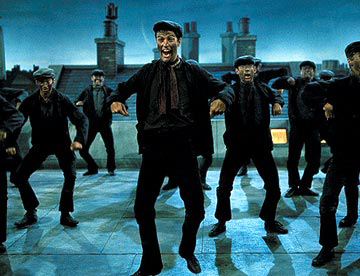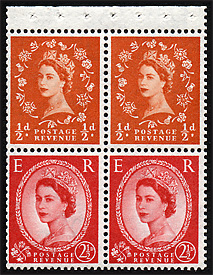Answer the questions in British English only!
Question 1 - You pop out to the greengrocer to buy one of these. Do you call it:

Americans borrowed zucchini from Italy, where this particular type of squash was developed for cooking. The British went with the French word for it, courgette.
Question 2 - Which of these is a real thing?
Though suet is an animal fat, there's a vegetarian concoction made of plant fats and flour that can be used for making suet dumplings and suet puddings (two British delicacies). It’s sold as vegetable suet, usually in shredded form.
Question 3 - Which feels wrong?
In British English, Lego is a mass noun. You’d have a box (or tray) of Lego, not Legos.
Question 4 - You want to attach a paper to a cork board. Would you use:
A drawing pin is what Americans would call a thumb tack.
Question 5 - Which of these is not an item of clothing?
A flannel is what Americans would call a washcloth.
Question 6 - A toastie is:
Toasties generally involve cheese (and often other ingredients like ham or tomato), so they’re much the same as American 'toasted cheese' or 'grilled cheese' sandwiches.
Question 7 - What is the meaning of identity parade?
If you watch or read British mysteries, you should get this one right!
Question 8 - What might you do with your allotment?
An allotment is a small plot of land away from your home, used growing for plants. Allotments are usually rented from the local government council.
Question 9 - Finish the phrase Fine words…
Words have been not buttering British parsnips for almost 400 years. The phrase feels a bit antique these days, but it means ‘words alone are not enough—give us some action’.
Question 10 How many pounds in a stone?
Though the stone measure was originally used for trading purposes (you could buy a stone of wool, for example), nowadays it’s almost exclusively used for human body weight. If you’re 10 stone, you’re 140 pounds.



Share your Results:
